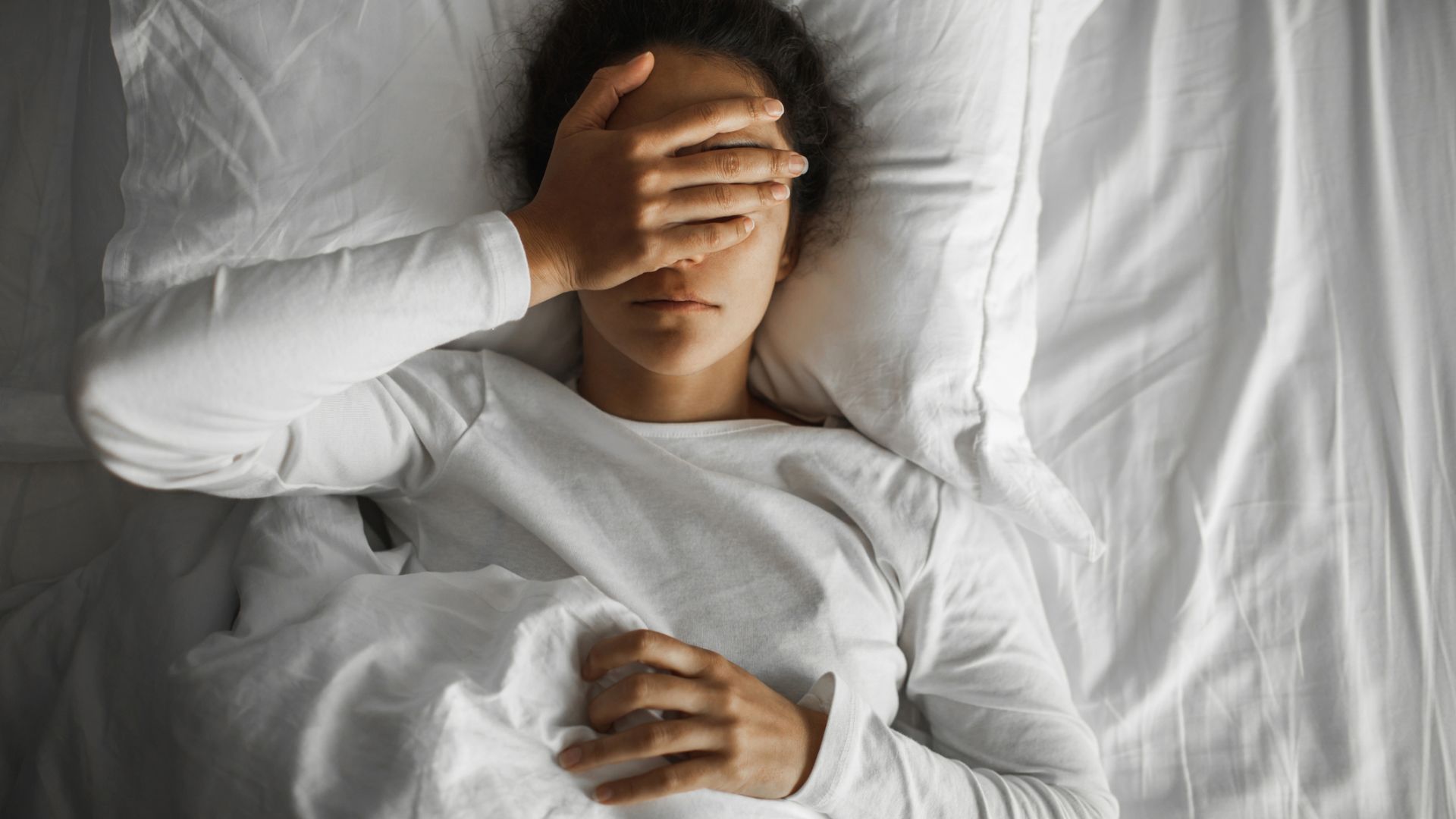Updated on August 28, 2024
Migraine is a neurological condition that causes recurring episodes of moderate-to-severe headaches and other symptoms, including nausea and vomiting, sensitivity to light/sound/smells, and sensory disturbances.
The symptoms, frequency, and severity of migraine episodes can vary widely from person to person. People with chronic migraine experience 15 or more headache days per month, with migraine symptoms on 8 of those days. Typically, a chronic migraine diagnosis requires these symptoms to persist for 3 months or longer.
A person who experiences less frequent symptoms will be diagnosed with episodic migraine. However, some people alternate between episodic and chronic frequency during different times, and people who have episodic migraine can progress to chronic migraine.
Reducing the number of headache days
For anyone experiencing frequent migraines, one of the main goals of treatment will be to reduce the number of headache days. Essential to achieving this goal is avoiding anything that triggers migraine symptoms. In other words, reducing your exposure to the migraine triggers should help reduce your number of headache days.
The first step to avoiding a migraine trigger is identifying a migraine trigger. If you are living with chronic migraine, the steps below may help.
Know what triggers are common
Migraine is a different experience for everyone. People experience different symptoms, respond to different treatments, and find that different triggers bring on their migraine episodes. While triggers vary from one person to the next, knowing the common triggers can provide you with a starting point when you are working to identify what exacerbates your migraine symptoms.
Common migraine triggers:
- Emotional stress
- Physical stress, such as overexertion, injury, or trauma
- Bright lights, glare, and loud noises
- Strong odors or smells, such as certain perfumes, exhaust fumes, smoke, or foods
- Skipping meals, fasting, or going a long time between meals
- Dehydration
- Changes in sleep schedule, such as sleeping too little or too much
- Hormone fluctuations, like those that can occur during a menstrual cycle or while taking hormonal birth control
- Motion sickness
- Low blood sugar
- Tobacco, alcohol, recreational drugs
Medications
Medications can be a migraine trigger, and it’s important to inform your healthcare provider about all medications you are taking. Make a list of all prescription medications for any health condition, over-the-counter medications, vitamins, and herbal supplements. This list should include the names, doses, and how often you take each medication. Your healthcare provider can review this list and look for any potential migraine triggers.
Foods
Certain foods can trigger migraines. Again, this will vary from person to person. But some foods that have been associated with migraines include aged cheese, smoked fish, organ meats, dried fruits, beans, foods containing monosodium glutamate (MSG), foods containing nitrates (bacon, hot dogs, salami), chocolate, nuts, peanut butter, avocado, banana, citrus, onions, dairy products, and fermented or pickled foods.
Keep a headache diary
Anyone experiencing frequent migraines is advised to keep a headache diary, a day-to-day log of symptoms (or absence of symptoms) along with notes on the day’s activities. This can include what you did, places you went, your interactions with people, what you ate and drank, how much you slept, your energy level, your mood, and your stress level.
A headache diary should also include notes on migraine treatment. People with chronic migraine are typically prescribed preventive therapies to help reduce the number of headache days. They will also need an acute medication to take when migraine symptoms occur.
In addition to identifying triggers, a headache diary can help you and your healthcare provider assess how well treatment is working.






